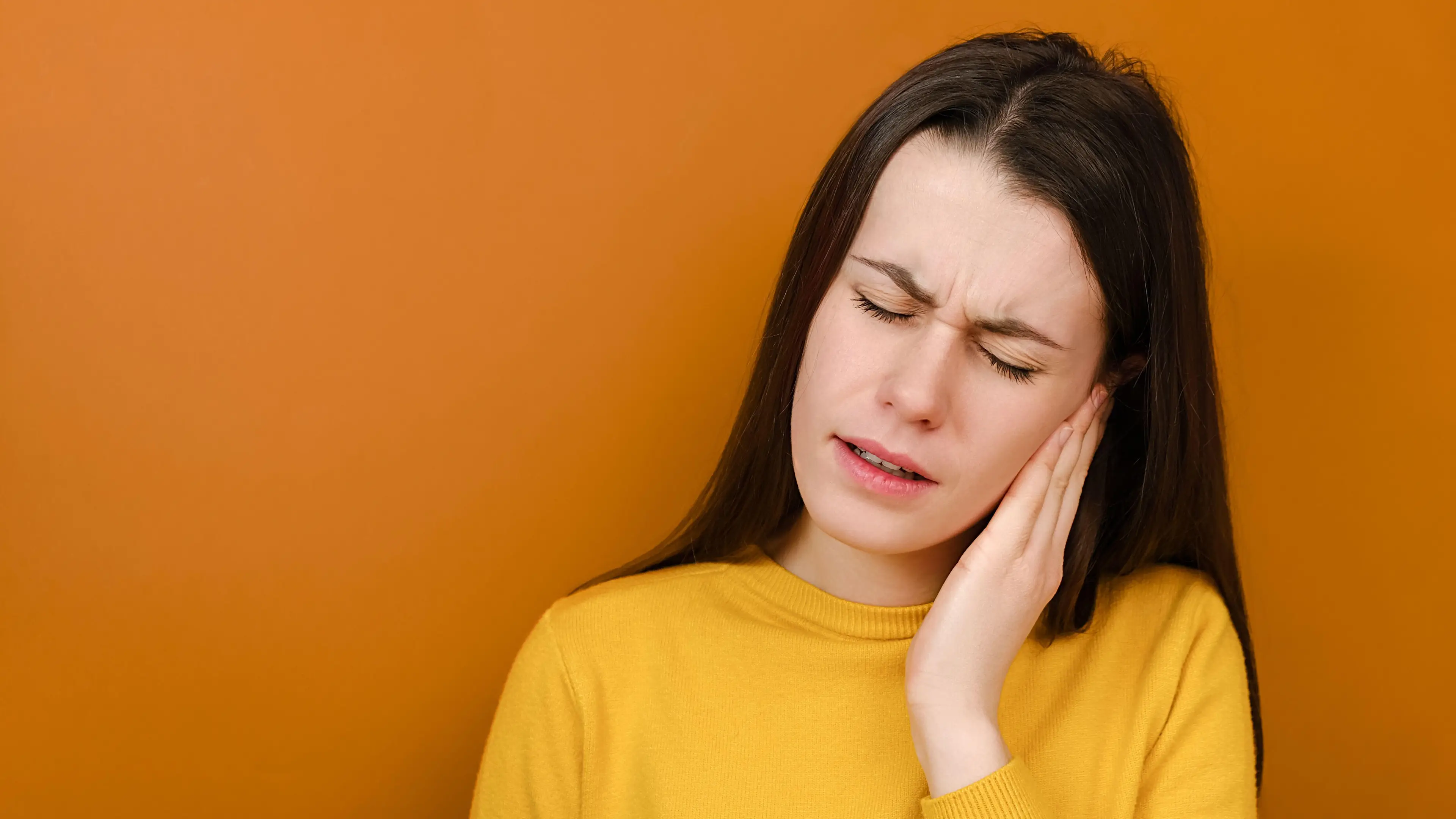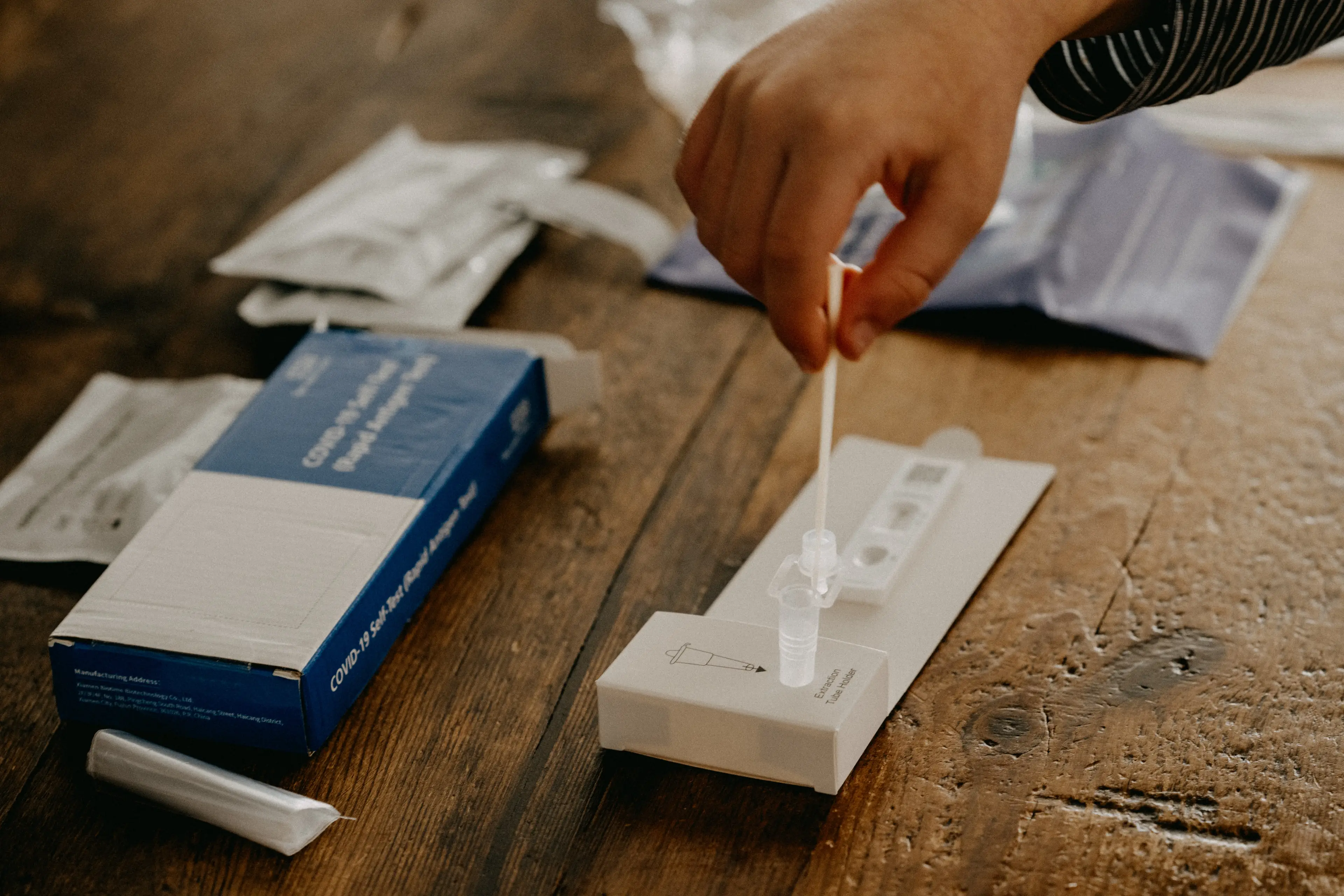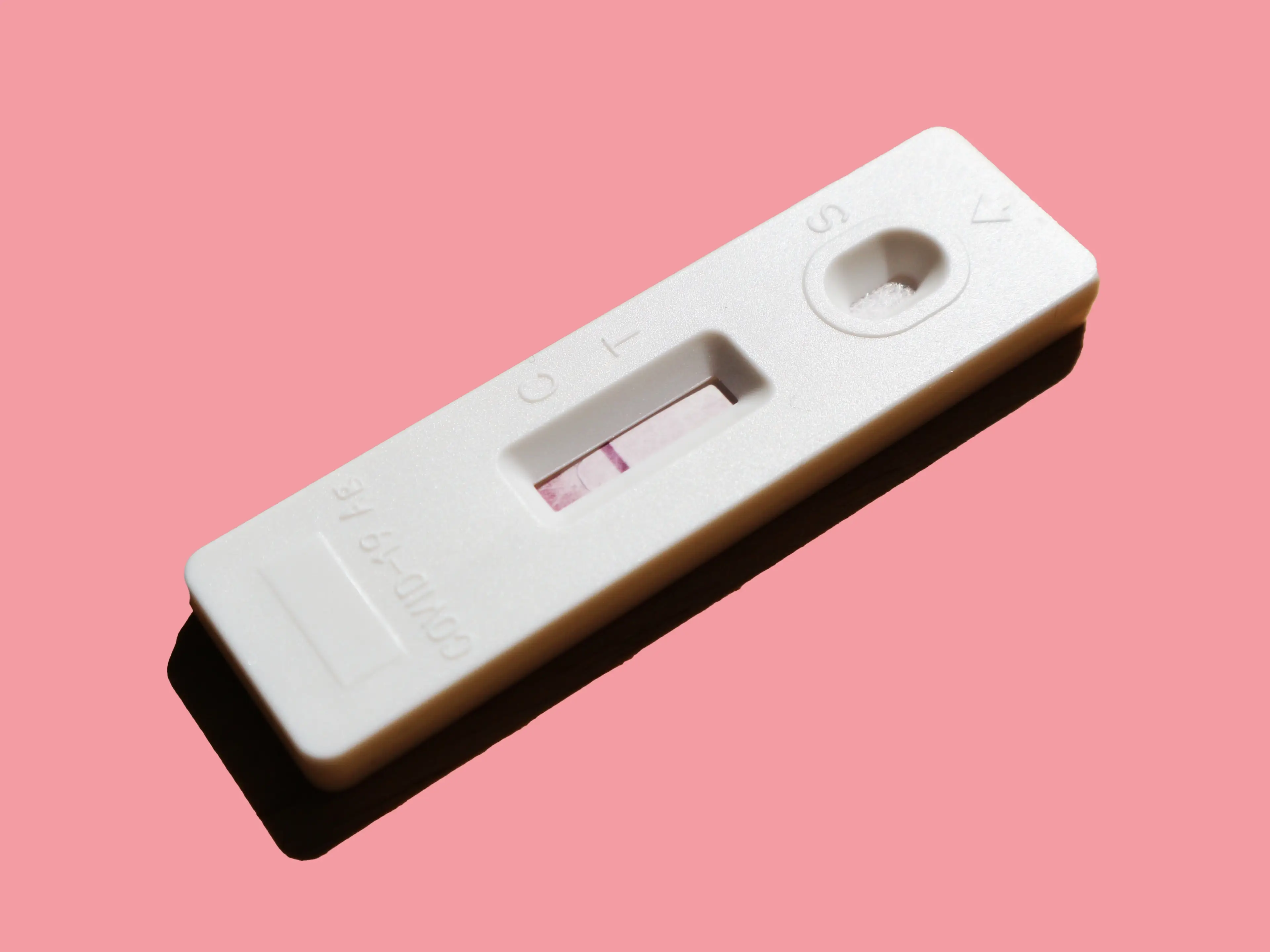
The omicron variant of Covid-19 ran rampant throughout the UK before Christmas, seeing thousands of people struck down with virus and forced to isolate at home.
With so little firmly established about this latest variant, which was first formally identified in South Africa, a variety of strange and unlikely symptoms have been recorded as the virus attacks the body in numerous different ways.

While the most common side-effects are still a runny nose, headache, fatigue, sneezing and a sore throat, some people have reported a “worrying” hidden side effect.
A study by audiologists at the University of Manchester has found that 6.6 per cent of omicron sufferers have developed tinnitus after hospitalisation for Covid-19.
The British Tinnitus Association has suggested these findings may sure that there may be a causal link between Covid-19 and tinnitus.

However, they did add that it may also be linked to pandemic stress, which is thought to be a factor in exacerbating tinnitus.
So what exactly is tinnitus? Well, according to Mayo Clinic, tinnitus is “when you experience ringing or other noises in one or both of your ears.
“The noise you hear when you have tinnitus isn't caused by an external sound, and other people usually can't hear it.”
The British Tinnitus Association suggests changes to your diet and exercise can improve symptom of tinnitus.

So why is Covid causing tinnitus in some people? Well, according Hussain Abdeh, clinical director at Medicine Direct, it is Covid-19's tendency to cause inflammation that is responsible.
"Covid is reportedly able to cause inflammation of the inner ear, which can cause tinnitus. This may also occur in the days following a vaccination," he explained.
"Tinnitus does not damage your physical health, but it can be extremely annoying and debilitating, especially if the problem affects your sleep. If you only started to experience tinnitus as a result of getting Covid, the problem should resolve itself after a few days.
"In the meantime, the likes of visualisation techniques and meditation can help you to manage the issue. These exercises can help you to focus your mind on more positive things and away from the annoying noises in your head. Playing music or other noises can also distract you from the tinnitus symptoms.”
Meanwhile, Dr Jameel Muzaffar, Specialist Registrar in ENT Surgery and Chief Medical Officer at Oto added: "There are a number of approaches to managing [tinnitus], including science-backed, evidence-based health app Oto. These may include sound therapy, either with hearing aids to address any hearing loss, or through sounds to mask the sound of tinnitus.
"There are also a range of supportive techniques to help ease tinnitus. The most evidence-based form of this in tinnitus is cognitive behavioural therapy (CBT), mindfulness and similar therapy techniques. These often teach people living with tinnitus techniques which help them take control of the ringing in their ears, on your own terms."
If you find your tinnitus is particularly difficult to cope with, you can get in touch with the British Tinnitus Association for help and advice, or speak to your GP.
Featured Image Credit: AlamyTopics: Health, Covid-19, Coronavirus
